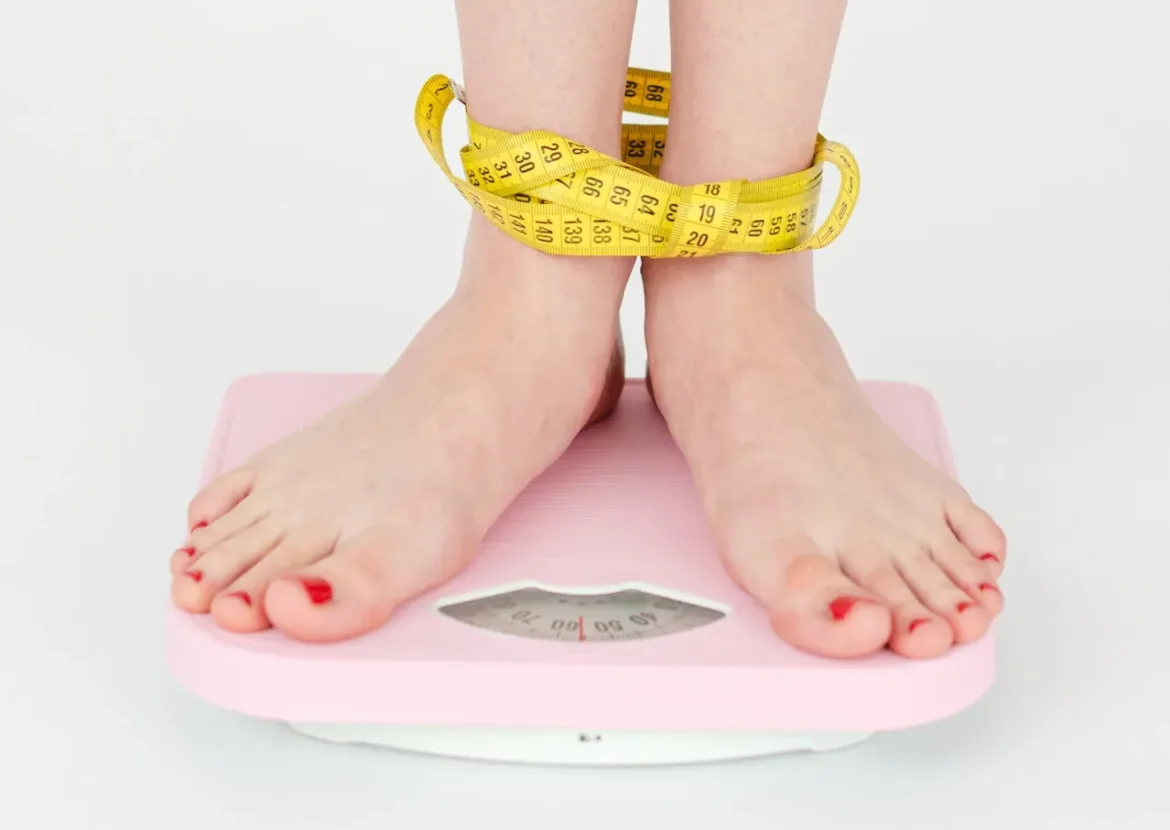Introduction
In the journey towards health and wellness, diet plays a pivotal role, especially for women who have unique nutritional requirements. With the right diet plan, women can attain optimal health, maintain a healthy weight, and prevent various health issues. This article provides a detailed exploration of effective diet plans for women, encompassing a range of topics from balanced nutrition to meal prepping and portion control.

Table of Contents
Diet Plans for Women: A Balanced Approach
When it comes to diet plans for women, a balanced approach is key. Women’s bodies undergo various hormonal changes throughout their lives, from adolescence to menopause, influencing their nutritional needs. Let’s delve into the essential aspects of diet plans tailored to women’s health.
Understanding Women’s Nutritional Needs

Understanding women’s nutritional needs is at the heart of crafting effective diet plans. Women have unique physiological requirements that change over their lifespan.
Nutrients like calcium and vitamin D are pivotal for maintaining strong bones, especially during pregnancy and menopause. Iron is essential to prevent anaemia, particularly during menstruation. Protein aids in muscle maintenance and repair, supporting an active lifestyle.
Fiber promotes digestive health and helps manage weight. Tailoring diet plans to meet these specific needs ensures that women receive the right nutrients at the right stages of their lives, promoting overall health and vitality.
The Power of Hydration

The power of hydration cannot be underestimated in the realm of diet plans for women. Adequate hydration is essential for maintaining overall health and well-being. Water supports vital bodily functions, including digestion, metabolism, and circulation.
Staying well-hydrated helps the skin maintain its elasticity and glow, and it aids in flushing out toxins from the body. Herbal teas and water-rich fruits and vegetables are excellent additions to any diet plan, ensuring that women remain hydrated throughout the day.
By recognising the significance of hydration, women can nurture their bodies and support their wellness journey from the inside out.
Focus on Whole Foods

Focusing on whole foods is a cornerstone of effective diet plans for women. Whole foods, including fresh fruits, vegetables, whole grains, lean proteins, and healthy fats, provide a rich array of essential nutrients without the additives and preservatives found in processed foods.
These nutrient-dense options contribute to overall well-being, supporting bodily functions and promoting vibrant health. By centring their diet around whole foods, women can enjoy not only better nutrition but also greater energy, improved digestion, and a reduced risk of chronic health conditions, all while savouring the natural flavours and goodness of unprocessed ingredients.
Meal Prepping and Portion Control

Meal prepping and portion control are indispensable components of a balanced and effective dietary regimen, particularly tailored for women. By meticulously planning and preparing meals in advance, individuals can seamlessly integrate wholesome options into their busy routines, ensuring that nutritional goals are met without succumbing to the temptation of convenient yet unhealthy choices.
Pairing meal prepping with portion control empowers women to foster a mindful relationship with food, as it encourages a deliberate awareness of serving sizes.
This combination not only aids in weight management but also cultivates a sustainable approach to eating, promoting long-term health and vitality. Ultimately, embracing these practices can lead to enhanced energy levels, better dietary choices, and a renewed sense of control over one’s well-being.
Catering to Different Life Stages

Catering to different life stages is a fundamental aspect of creating effective diet plans for women. As women progress through various phases of life, such as adolescence, pregnancy, and menopause, their nutritional needs evolve.
During pregnancy, for instance, a focus on nutrient-rich foods like folate and iron is crucial for both the mother’s well-being and the baby’s development. Post-menopause, adjustments in nutrient intake are needed to support bone health and manage metabolism changes.
By tailoring diet plans to these life stages, women can ensure they are providing their bodies with the essential nutrients needed to thrive and maintain optimal health at every step of their journey.
Addressing Emotional Eating

Emotional eating refers to the practice of consuming food in response to emotional triggers rather than actual physical hunger. It often involves turning to comfort foods, like sugary or high-calorie treats, as a way to cope with stress, sadness, boredom, or other emotions.
Emotional eating is a common behaviour that can disrupt healthy eating patterns and contribute to weight gain. It’s important to recognise the signs of emotional eating and develop strategies to address the underlying emotions without relying on food for comfort.
Practising mindful eating, seeking emotional support, and finding alternative ways to manage emotions are effective ways to break the cycle of emotional eating and cultivate a healthier relationship with food.
Conclusion

The journey towards health and wellness for women is deeply intertwined with the choices they make in their diet plans.
With a clear understanding of their unique nutritional needs, the power of hydration, a focus on whole foods, and mindful practices such as meal prepping and portion control, women can pave the way for a healthier and more fulfilling life.
By addressing emotional eating, catering to different life stages, and embracing the wisdom of balanced nutrition, women can empower themselves to achieve their fitness goals and maintain a vibrant sense of well-being.
Remember, each step taken towards a more mindful and intentional approach to diet brings them closer to the path of holistic health and a brighter future.

FAQs
Can diet plans help with weight loss?
Yes! A well-structured diet plan that emphasises balanced nutrition and portion control can aid in weight loss while ensuring essential nutrients are still consumed.
Are there specific foods to avoid for hormonal balance?
Certain foods high in refined sugars and unhealthy fats can disrupt hormonal balance. Minimising processed foods and incorporating whole foods can contribute to hormonal health.
Should pregnant women follow a different diet plan?
Yes, pregnant women have increased nutritional needs. A diet rich in folic acid, iron, calcium, and protein is essential for fetal development and maternal health.
Can diet alone prevent osteoporosis?
While diet plays a significant role in bone health, factors like physical activity and genetics also contribute. A diet rich in calcium, vitamin D, and magnesium can help prevent osteoporosis.
How can women manage cravings on a diet plan?
Managing cravings involves finding healthier alternatives and addressing the root cause. Ensuring meals are balanced and including satisfying treats in moderation can help curb cravings.
Is intermittent fasting suitable for women?
Intermittent fasting can have different effects on women due to hormonal fluctuations. Consulting a healthcare professional before starting any fasting regimen is advisable



